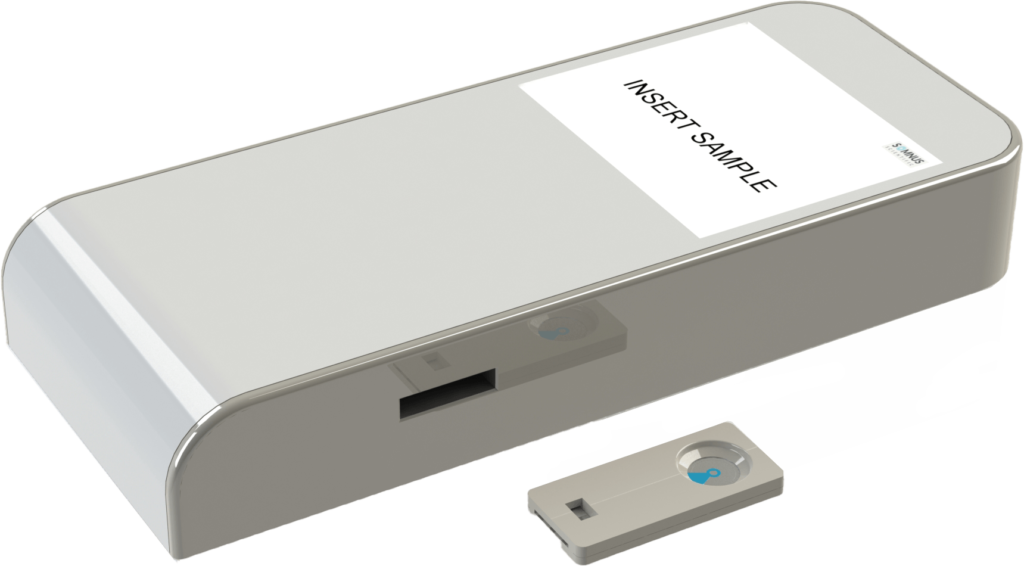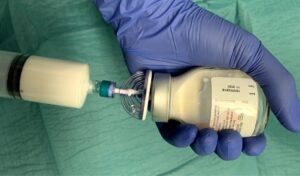Real-Time Blood Propofol Concentration Monitoring

SOMNUS IS DEVELOPING PRODUCTS FOR USE DURING SEDATION AND ANAESTHESIA TO
- Improve the well-being of patients
- Reduce the cost of care
- Facilitate a major reduction in climate change caused by healthcare
FEATURED NEWS

Every system is perfectly designed to get the results it gets.


Society for Technology in Anesthesia
SOMNUS n. som-nuhs:
The Roman god of sleep. The personification of sleep. Greek counterpart is Hypnos.
Contact us...
Updates
Things continue to evolve at Somnus as we enter the development phase for the company. You can read more about our work in the media.

Primum non nocere (“first, do no harm”)

Potential benefits from optimising sedation in ICU using ProSed

Is Midazolam or Propofol a better solution for sedation on ICU?

Is there an alternative sedative to propofol?
We are developing...
A Suite Of Products To Measure Blood Propofol Concentration At the Point of Care
There is mounting evidence that patients given sedation (for instance in intensive care) are frequently over-sedated. As a result, they take longer to get off breathing machines (ventilators), stay in ICU longer than they need to, and are less likely to survive. Propofol is the most commonly used sedative in the majority of ICUs but there is currently no way of measuring how much is in the patients’ blood stream in real-time.
Despite increasing evidence of benefits to patients and the environment of using Total Intravenous Anaesthesia (TIVA) rather than volatile or gaseous anaesthesia, adoption of TIVA by clinicians is limited partly by the lack of a real-time blood propofol concentration monitor.
Somnus Scientific Limited is developing a suite of products to fill these gaps
What is Propofol?
Propofol Is An Intravenous Hypnotic Drug
It is short acting and so needs to be given by continuous infusion into a vein for all but the quickest procedures. In low dose it produces sedation (makes the patient sleepy) and if higher doses are given it produces general anaesthesia (unconsciousness).
Many patients require sedation to tolerate treatments (such as being on a ventilator in ICU) or procedures (such as colonoscopy – a camera examination of the inside of the bowel). Published research shows that it is not always easy to get the dose right with some patients receiving too much and others too little
When it is administered by continuous infusion to maintain anaesthesia (keep people unconscious) it has substantial benefits for patients compared with the use of anaesthetic gases. These benefits include a carefully controlled, smooth induction of anaesthesia and a rapid, high quality recovery with a very low incidence of nausea. Propofol appears to have less impact on memory, especially in susceptible patients. Retrospective analysis suggests that patients who have cancer and are anaesthetised with propofol are more likely to be alive 5 years later than those given gaseous anaesthesia. Emerging laboratory evidence is helping to explain this.
Learn moreEvidence
TIVA has benefits for patients including fewer symptoms such as postoperative nausea and vomiting and a better recovery profile.
View Evidence



